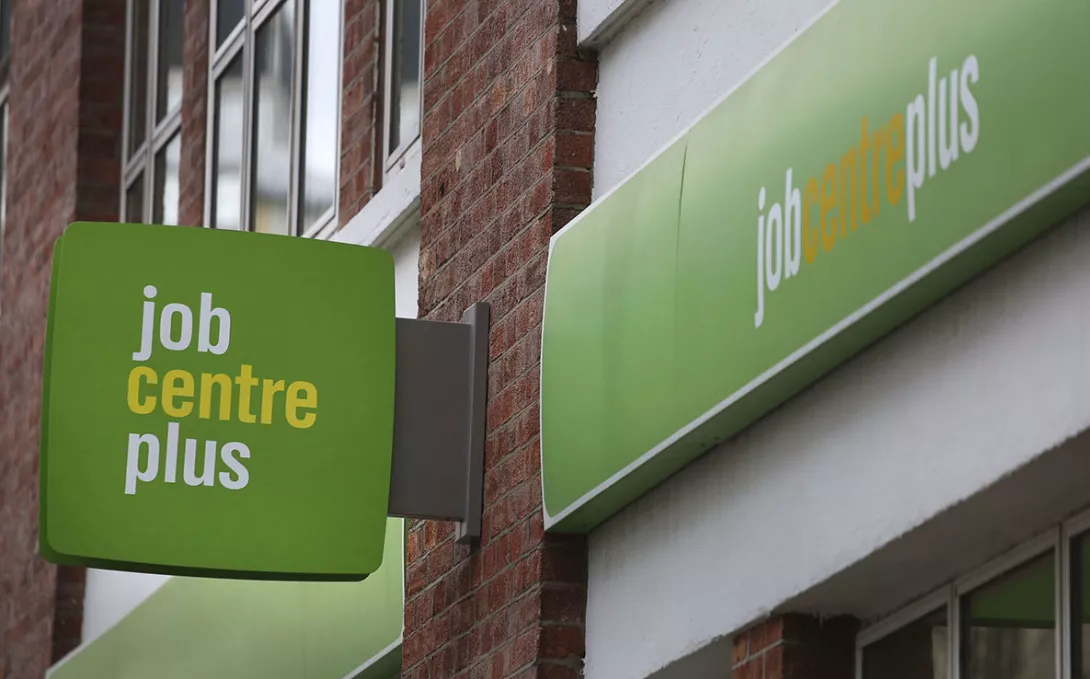Jobs market is in decline with 500,000 more workers in insecure employment, study warns

BRITAIN’S job market is in decline after more than 500,000 workers moved into “severely insecure” employment last year, a new think tank report warns today.
The Work Foundation at Lancaster University found that the number of workers with highly unstable jobs grew to 6.8 million — 21.4 per cent of the active labour market — including a record 1.45 million disabled workers.
Spikes in insecure work were mostly being seen in the wholesale and retail sectors, along with the professional and scientific sectors, and hospitality, the think tank said.
More from this author
Similar stories

















